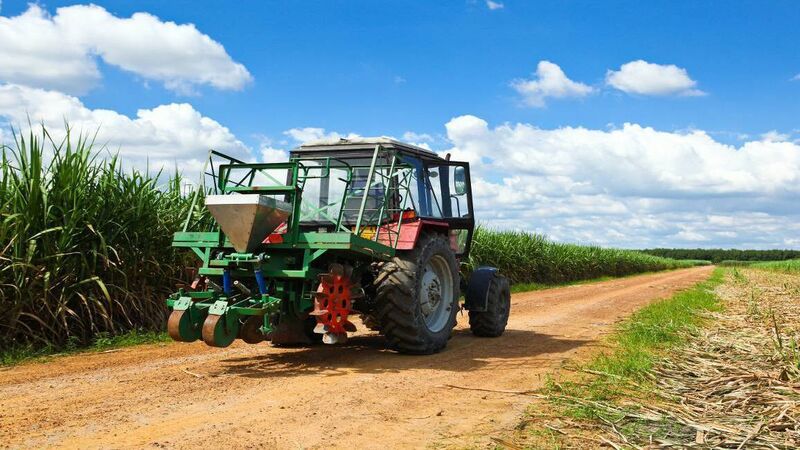Agriculture Minister criticises Green MEP's 'ill-advised' letter on lending to young farmers

The Green Party distanced itself from the comments of MEP Ciarán Cuffe after an outcry from the agriculture sector.
The Minister for Agriculture has hit out at a Green Party MEP over a letter he wrote to banking CEOs querying lending practices to young farmers.
Green Party MEP Ciarán Cuffe wrote to banking bosses last month outlining his concern about large loans being approved for young farmers to increase their herd.










